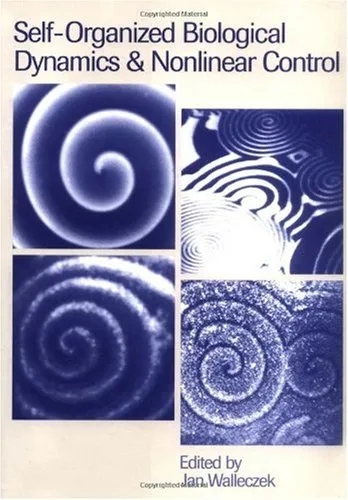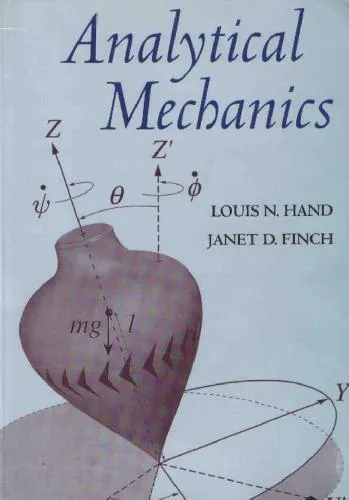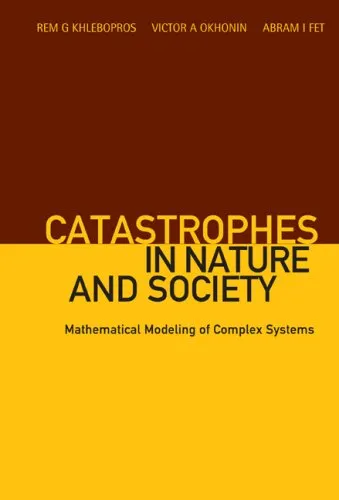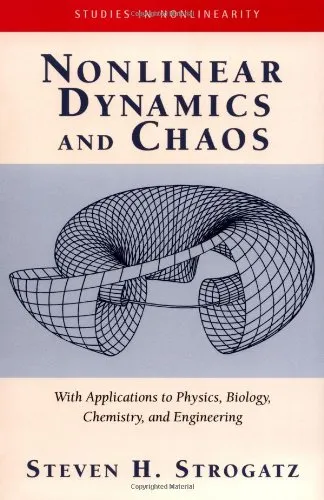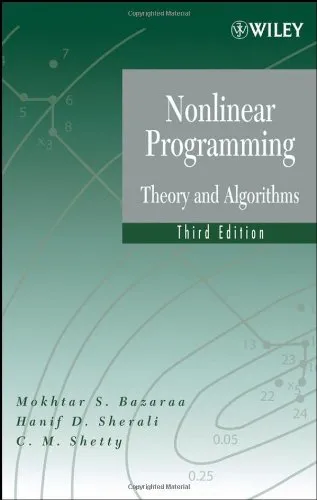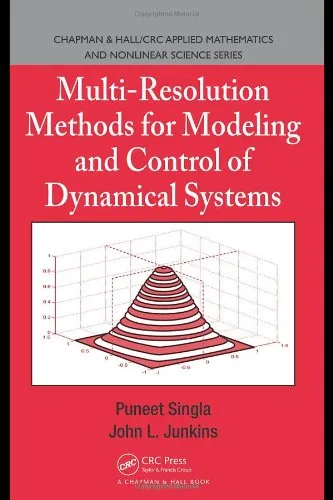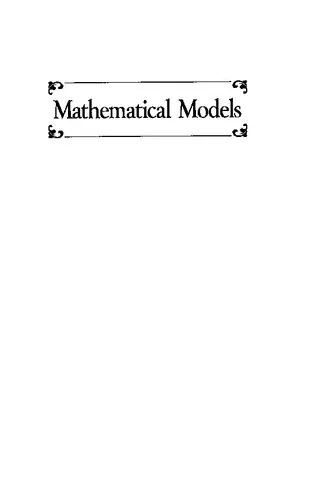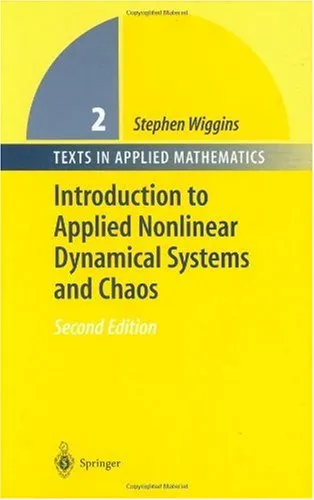Self-Organized Biological Dynamics and Nonlinear Control: Toward Understanding Complexity, Chaos and Emergent Function in Living Systems
4.4
Reviews from our users

You Can Ask your questions from this book's AI after Login
Each download or ask from book AI costs 2 points. To earn more free points, please visit the Points Guide Page and complete some valuable actions.Related Refrences:
Introduction
In the dynamic landscape of scientific discovery, understanding complexity in biological systems has emerged as a pivotal frontier. "Self-Organized Biological Dynamics and Nonlinear Control: Toward Understanding Complexity, Chaos and Emergent Function in Living Systems" illuminates this frontier with a comprehensive exploration of how self-organization and nonlinear dynamics govern the intricate behaviors found in living organisms. This book is essential reading for researchers invested in the convergence of biology, physics, and systems science.
Detailed Summary of the Book
The book lays a foundational framework aimed at comprehending how living systems self-organize into dynamic patterns that are both complex and adaptive. It delves into the mathematical and theoretical underpinnings that are essential for modeling biological systems. Throughout the chapters, an interdisciplinary approach is embraced, employing concepts from chaos theory, complexity science, and nonlinear dynamics to provide insights into how biological entities—from cellular processes to entire ecosystems—exhibit functional order amidst chaos.
Particularly, the book highlights scenarios where traditional linear models fail to capture the essence of biological processes that are inherently nonlinear. It brings forth the understanding that life itself is a nonlinear dynamic system where control is decentralized and emergent behaviors surface out of interactions among simple units. The result is a tapestry of elegant complexity that defines the living world, challenging conventional reductionist perspectives.
Key Takeaways
- The fundamental principles of self-organization and how they facilitate emergence in biological systems.
- The importance of nonlinear dynamics in modeling and predicting biological behaviors.
- How chaos theory applies to understanding the unpredictable yet ordered nature of living systems.
- An emphasis on interdisciplinary approaches combining physics, biology, and mathematics.
- New perspectives on control mechanisms in biological entities that differ significantly from engineered systems.
Famous Quotes from the Book
"The complexity of life arises not from its individual components, but from the intricate, dynamic interactions that bring order out of chaos."
"In the dance of life, it is the rhythms of self-organization that choreograph the emergence of the novel from the familiar."
"Nonlinear dynamics provides a lens through which the unpredictable becomes a narrative of structured possibilities."
Why This Book Matters
This book is pivotal in the context of modern science's quest to unravel the enigma of life. As researchers and scholars strive to bridge gaps across multiple disciplines, "Self-Organized Biological Dynamics and Nonlinear Control" provides both a theoretical and practical framework. It offers a synthesis of ideas that not only explains existing phenomena but also guides future research in the biological sciences.
The insights garnered from this book shed light on possible applications ranging from optimizing ecosystems and improving health sciences to developing innovative technological solutions that mirror the adaptive strategies of biological systems. For anyone seeking to delve into the fabric of life's complexity, the book is a treasure trove of knowledge and inspiration that fosters a deeper appreciation and understanding of the world around us.
Free Direct Download
You Can Download this book after Login
Accessing books through legal platforms and public libraries not only supports the rights of authors and publishers but also contributes to the sustainability of reading culture. Before downloading, please take a moment to consider these options.
Find this book on other platforms:
WorldCat helps you find books in libraries worldwide.
See ratings, reviews, and discussions on Goodreads.
Find and buy rare or used books on AbeBooks.
1344
بازدید4.4
امتیاز0
نظر98%
رضایتReviews:
4.4
Based on 0 users review
Questions & Answers
Ask questions about this book or help others by answering
No questions yet. Be the first to ask!
